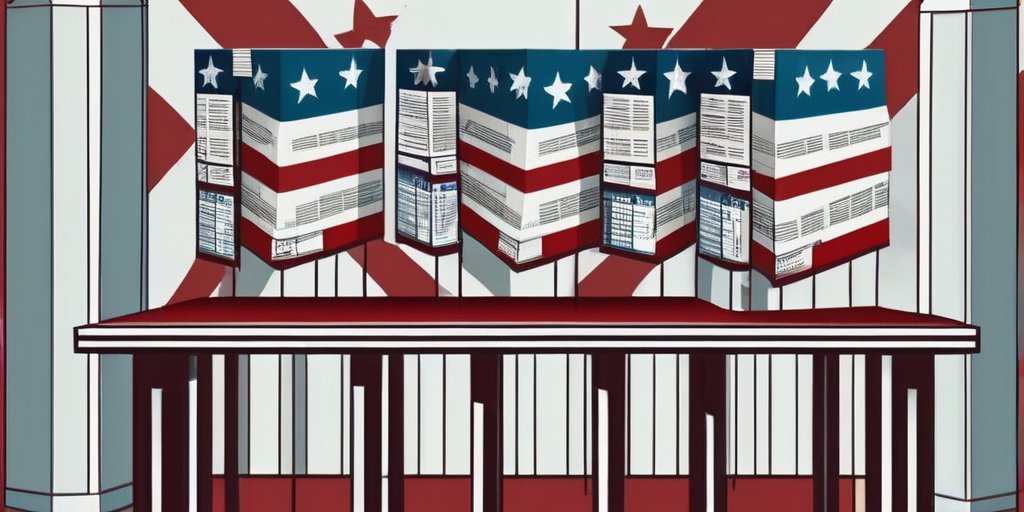In a bold move to alter the landscape of U.S. elections, President Donald Trump has signed an executive order titled “Preserving and Protecting the Integrity of American Elections,” from the White House on Tuesday. This order aims to overhaul the way federal elections are conducted, mandating proof of citizenship from voters and curtailing the timeframe for accepting mail-in ballots.
As stated by Trump during the signing, the initiative is designed to combat election fraud, a topic he has frequently highlighted. He asserted, “Election fraud. You’ve heard the term. We’re going to end it, hopefully. At least this will go a long way toward ending it.” This statement echoes his long-standing contention that illegal voting has influenced past elections, a claim often met with skepticism by experts.
The order accuses the U.S. of failing to enforce necessary election protections and threatens states with a withdrawal of federal funding should they fail to demand proof of citizenship. Currently, under the Illegal Immigration Reform and Immigrant Responsibility Act of 1996, non-citizens are prohibited from voting, yet many states do not require documentary proof of citizenship during the registration process. This raises concerns as experts argue that the prevalence of illegal voting by immigrants is minimal.
Additionally, the directives in the order would restrict states from accepting mail-in ballots that arrive after Election Day, even if they were sent out before the election, potentially disenfranchising voters who rely on postal services. While 18 states currently allow mail-in ballots to be accepted post-Election Day, Trump’s order could significantly tighten these regulations.
Critics, including many Democrats, have expressed alarm over this initiative, emphasizing that millions of Americans might lack valid identification such as enhanced driver’s licenses or passports that the new regulations might require. Historical attempts to institute voter ID laws at the congressional level have faltered, and there are doubts about the order’s legal enforceability. Legal experts warn that this move might face substantial challenges, as it appears to encroach upon state rights in managing elections.
Wendy Weiser from the Brennan Center for Justice highlighted the potential legal ramifications, stating, “The president cannot override a statute passed by Congress that says what is required to register to vote on the federal voter registration form.” Many believe that if the order survives legal battles, it could significantly shift election administration power from states to the federal government, inviting further controversy.
Overall, Trump’s latest executive order underlines his ongoing efforts to reshape electoral policies as he continues to confront accusations surrounding the transparency and integrity of U.S. elections.
